Computer and chip makers are trying to level up their business by pumping top-of-the-line components into a much smaller package.
What happened: MSI became the latest computer hardware maker to jump into handheld PC gaming when it showed off the Claw at CES this year. Using Intel’s latest Core Ultra chips, the device boasts better battery life, ergonomics, and AI-powered performance than the competition.

.png)


%20(5).png)
.png)
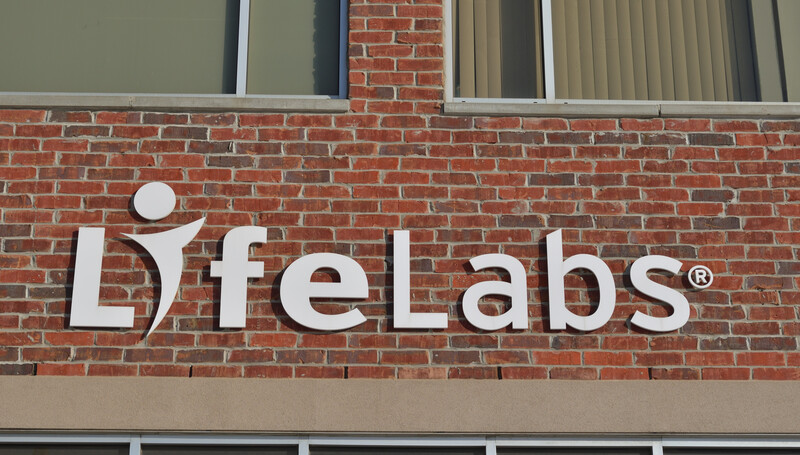
%20(3).gif)
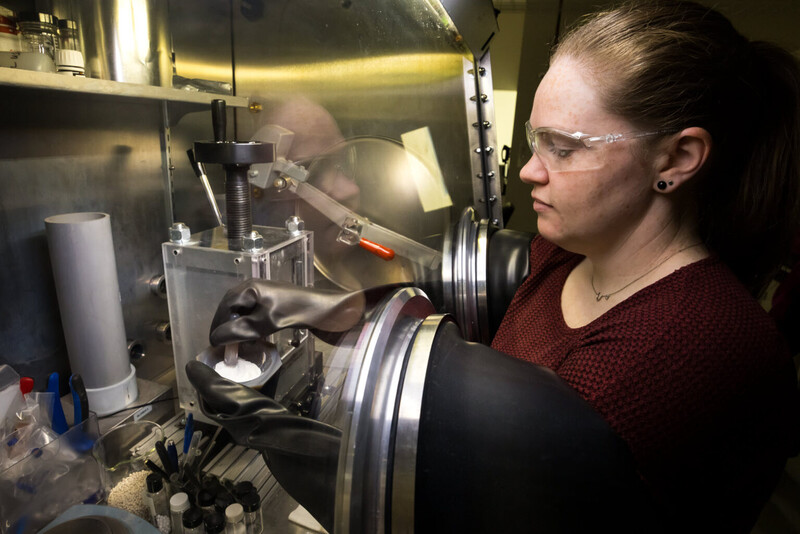
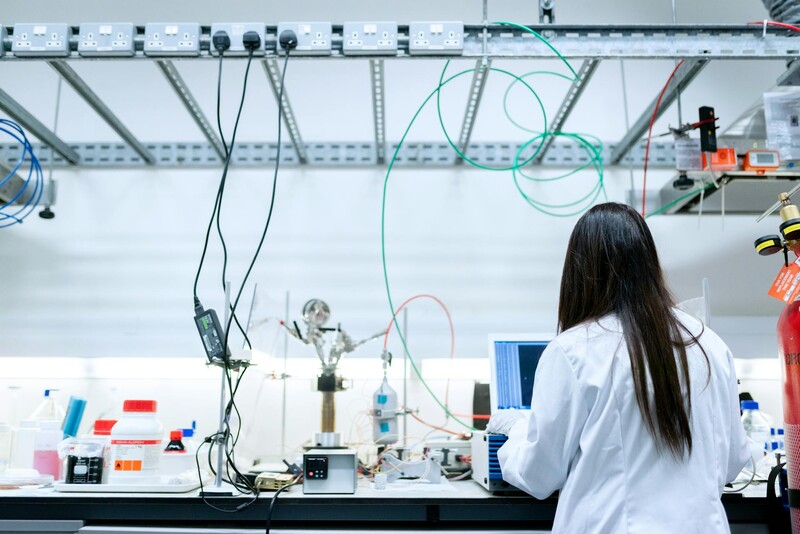
.png)
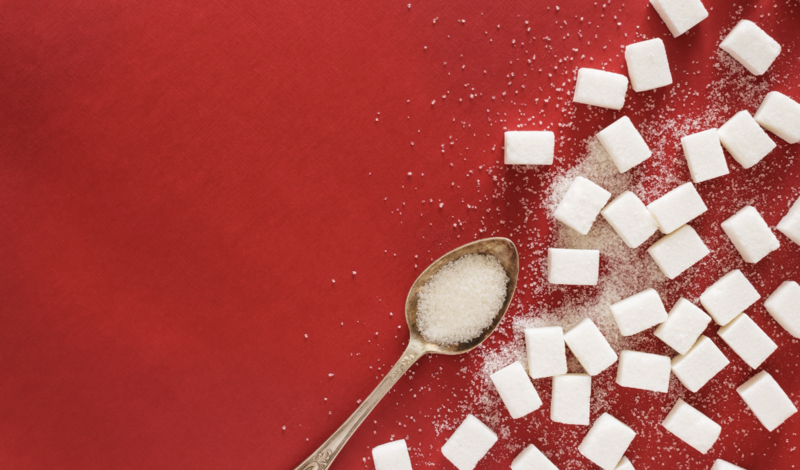

%20(4).png)
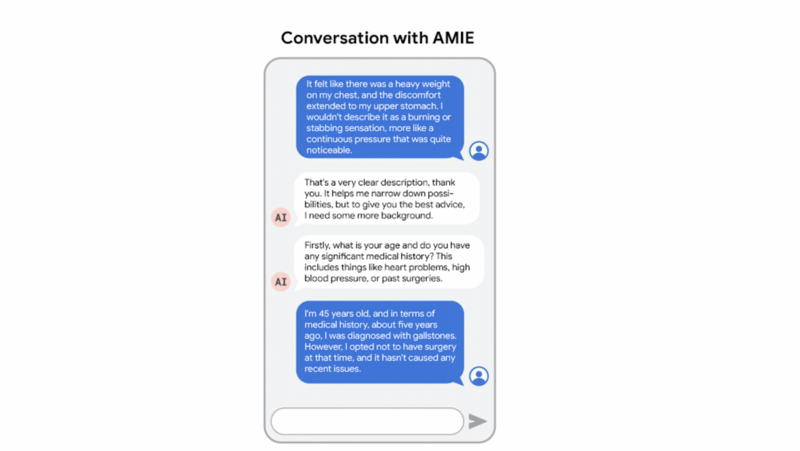




.png)